MSRE Candidate 2017 Alastair Townsend discusses what he took away from a session on Dallas’s affordable housing issues at the 2016 Urban Land Institute Fall Meeting…
Among major cities, Dallas’ poverty rate is the third worst in the nation.[1] 38 percent of children in Dallas live in poverty, the highest rate among the 10 largest US cities.[2] Judging by what was discussed at this ULI panel discussion, Dallas seems to have failed to address the issue of housing affordability in this era of growing poverty and acute income inequality. Dallas’s Affordable and Mixed-Income Housing Plan, it turns out, is a recently-mandated effort triggered by the city’s contravention of federal fair housing policies. The panelists were a group of people at the center of making this change.
Dallas’ Office of Economic Development Director Karl Zavitkovsky openly admitted that Dallas was late to implement policies to address the quality and availability of affordable housing for low-income families. It seems that the city is only now enacting policies that are tried and tested in other cities.
The city has used TIF (tax-increment financing) to fund redevelopment, although Zavitkovsky said their use is limited in terms of housing. The city does not account for affordable housing units created within the TIF districts.[3] The city has also enacted voluntary inclusionary zoning. However, developers typically opt for making payments, rather than incorporate affordable units in their developments. Turning these funds into affordable housing units appears to have been a struggle for the city. Zavitkovsky also mentioned the use of home-improvement rebates of $5,000.
While the downtown and north of the city has boomed, the south, where most low-income and minority neighborhoods are focused, has been neglected. The city’s own housing policy was proven to perpetuate racial segregation between northern and southern Dallas. After it blocked a mixed-income development in a predominantly white downtown census tract, the developer appealed directly to U.S. Department of Housing and Urban Development (HUD), alleging discrimination. HUD investigated and judged that city officials had indeed unfairly denied federal housing funds in order to make the project unfeasible and maintain the racially segregated status quo. In a letter, HUD stated,
“There is overwhelming evidence reflecting a need for affordable housing for the low-income strata (at or below 50% AMI) in the City of Dallas. As discussed, there is an overrepresentation of minorities and persons with disabilities at this income level. Furthermore, the Central Business District and Downtown Connection TIF District [the site of the project] are overrepresented by white, non-disabled residents. Lastly, the average rents in the Central Business District and Downtown Connection TIF District are not affordable for persons at the 30% or 50% income strata. In addition, the evidence indicates that there was a need for affordable housing to be available in Dallas in an equitable manner and that there was in particular a need for affordable housing in the downtown area for which TIF and Section 108 financing should be resources.”[4]
Facing fines in the tens of millions, Dallas was forced to settle the dispute by promising to lead development of a regional 10-year housing plan and to overhaul its housing department. Dallas has turned to the ULI’s Advisory Services Panel (headed by Tony M. Salazar who was also one of the panelists) for help. The council’s recommendations included creating a Chief Executive Officer of Housing and Community Investment; creating a housing trust fund with defined revenue sources; expanding incentive and inclusionary programs; leveraging existing city assets, mostly land; and better managing the housing voucher program to ensure the vouchers get used and don’t just expire. The ULI panel also highlighted Dallas’ opaque and inconsistent entitlement approval process, because it misses opportunities to trade upzoning for affordable housing.
With the benefit of greater background knowledge in hindsight, this ULI panel discussion was probably an attempt to assist their client and the conference’s host city to air their dirty laundry and move beyond the recent housing discrimination controversy. After admitting it needs help, Dallas’ admission of culpability is the next step to reforming their housing policy. The City of Dallas seems to have taken this necessary step on their road to recovery with the help of the ULI as both its publicity platform and sponsor.
[1] James, L. (2014, August 15). COUNCIL BRIEFING. Briefing presented at Mayor’s Task Force on Poverty before City Council, Dallas. Retrieved October 29, 2016, from https://dallascityhall.com/government/Council Meeting Documents/2014/Poverty_Task_Force_082014.pdf
[2] Hallman, T. (2016). Dallas has the highest child poverty rate among big cities, and city hall isn’t sure how to change it | Dallas City Hall | Dallas News. Retrieved October 29, 2016, from http://www.dallasnews.com/news/dallas-city-hall/2016/09/07/dallas-highest-child-poverty-rate-among-big-cities-city-hall-sure-change
[3]Dallas’ TIF Affordable Housing. (n.d.). Retrieved October 29, 2016, from http://buildlouderdallas.org/wp-content/uploads/2012/09/February-2014-Dallas-TIF-Affordable-Housing.pdf
[4] Sweeny, G. L. (n.d.). LETTER OF FINDINGS OF NON-COMPLIANCE 1600 Pacific LP v. City of Dallas [Letter written November 22, 2013 to The City of Dallas]. Retrieved October 29, 2016, from http://nlihc.org/sites/default/files/HUD_Dallas_Fair_Housing_11-22-13.pdf

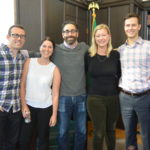

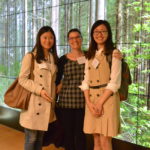
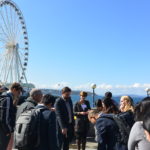
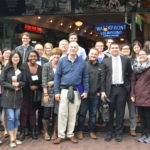

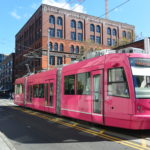
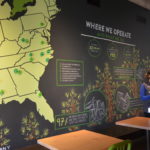

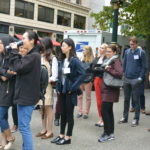
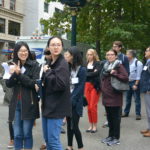
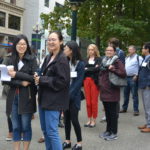
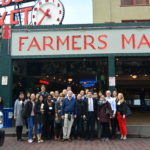


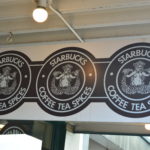

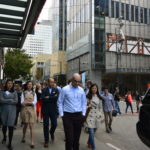
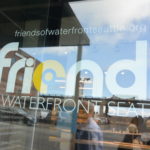
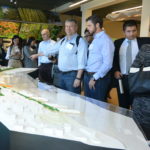
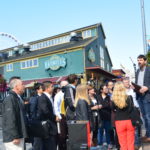
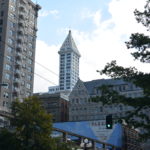
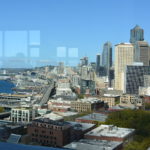

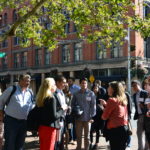
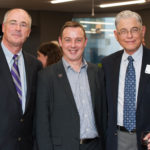
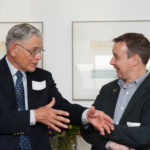
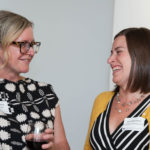
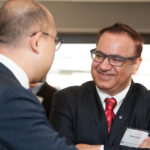
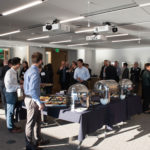

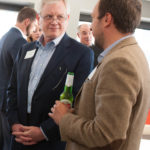
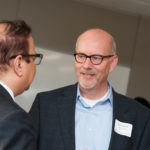
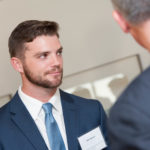


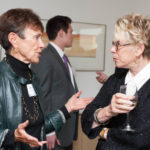
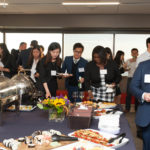

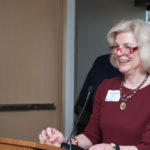
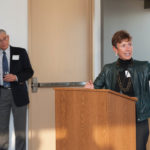


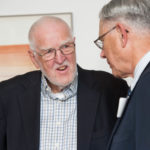
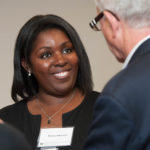
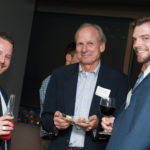
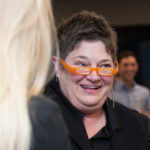
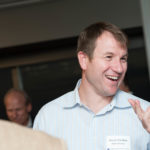
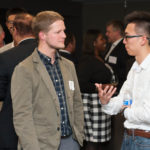
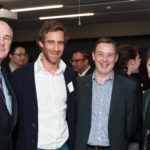
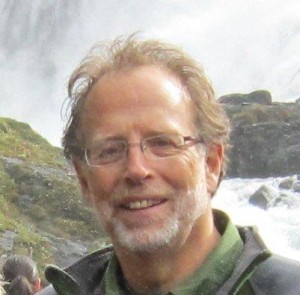
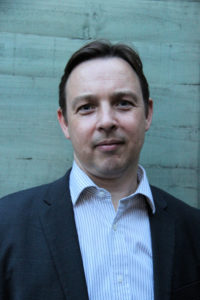 UW Today issued a press release today announcing our new director for the Runstad Center for Real Estate Studies, Simon Stevenson. Simon joins the Runstad Center from the Henley Business School, University of Reading in the UK where he had been Professor of Real Estate Finance & Investment and Director of Masters program in Real Estate Finance. He previously held positions at Cass Business School-City University London and University College Dublin. We are looking forward to having Simon on board in the fall! Read the full story
UW Today issued a press release today announcing our new director for the Runstad Center for Real Estate Studies, Simon Stevenson. Simon joins the Runstad Center from the Henley Business School, University of Reading in the UK where he had been Professor of Real Estate Finance & Investment and Director of Masters program in Real Estate Finance. He previously held positions at Cass Business School-City University London and University College Dublin. We are looking forward to having Simon on board in the fall! Read the full story